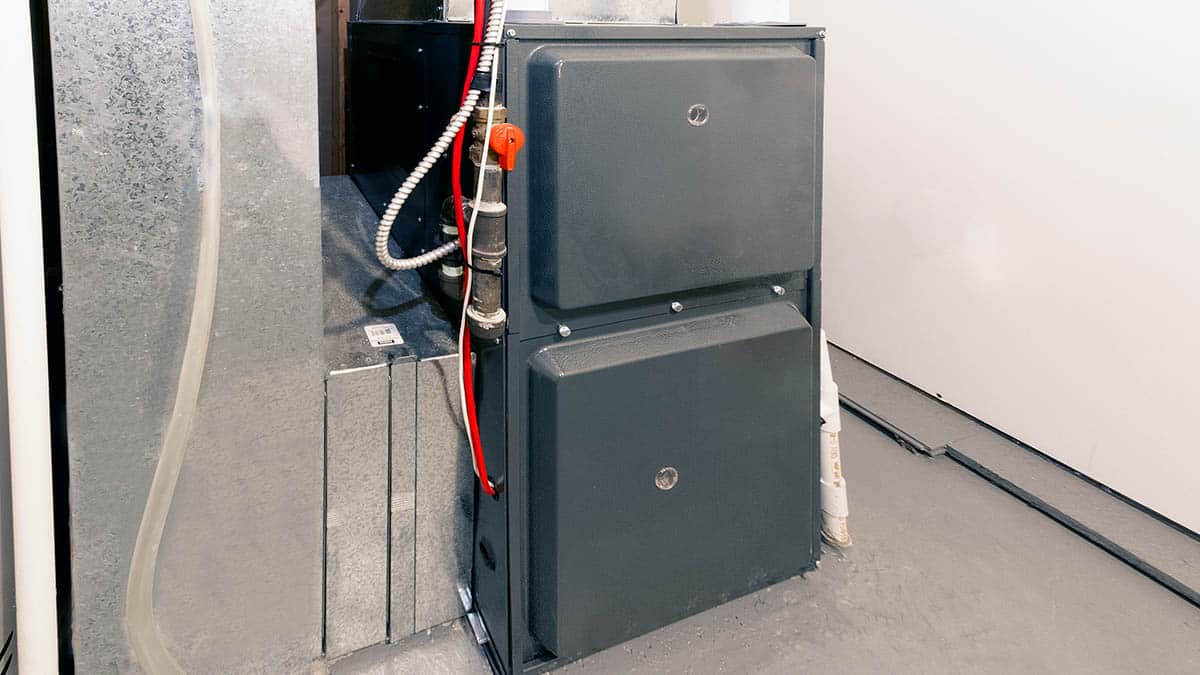
The Importance of Knowing Your Heating System
How knowledgeable are you about your home’s heating system? If you answered “not very knowledgeable at all,” then you are like most homeowners today.
Sadly, most people don’t take the time to get to know their HVAC systems the way that they should. The more you know about your HVAC system, the easier it will be to understand what kind of service you need if your system starts acting up.
Different Kinds of Heat Distribution Systems
In homes with central heating, there are a couple of different distribution systems your heater may employ. Here are two ways that heat can be distributed from a central heating system:
- Through air ducts and vents.
- Through hot water traveling into radiators.
Forced-air systems and heat pumps both use air ducts and vents located either in the ceiling or floor of each room to distribute heat evenly around a house. Because hot air rises, floor vents tend to make for more efficient heating.
Boilers distribute heat through the use of hot water. Water is heated in the boiler, then sent to radiators in each room. The hot water heats up the radiator’s metal exterior, and the heat is radiated out into the air.
Close Vents: Helpful or Hurtful to Your Heating System?
Many people have the idea that they can save energy, and therefore save money, by closing the vents in rooms they are not using.
What they don’t understand is that closing a vent doesn’t make your heater blow out less air; it just creates more pressure in your air ducts, which can create stress on the heater, and actually raise your heating bill.
Think of it this way: when you have a head cold, and your nose is stuffy, you have to work harder to breathe because the passage the air normally travels through is blocked. The same happens to your heating system when you close air vents.
3 Ways You Can Save Money on Your Heating Bill
Instead of closing vents, there are lots of better ways you can save energy, and therefore money. Here a few ideas you can implement right away!
- Turn your thermostat down at night and invest in warmer sheets. According to the Department of Energy, lowering the temperature of your home just ten to fifteen degrees at night can drastically reduce the amount of energy your house consumes. Investing in flannel sheets will help you stay warm when the temperature drops.
- Put your ceiling fans to work. Because hot air rises, turning on a fan can help push the warm air back down into a room, giving your heating system a bit of a break. Have your fan rotate clockwise at low speed.
- Take advantage of the sun’s natural heat. During the day, leaving your window curtains open lets in natural heat from the sun. This helps to keep the temperature in your house up. Keep your windows closed at night to trap the warm air inside.
If you learned something new about your HVAC system today, share this article with your friends and neighbors! Call McLoughlin Plumbing Heating Air Conditioning today at (610) 624-8037 for heater services in Upper Darby.

